The Chronicle

Nqobile Tshili, Chronicle Reporter
While some sections of society denounce polygamy as an archaic practice that is not suitable for modern lifestyles, the BaTonga community of Binga believe it cultivates family unity and reduces incidents of domestic violence while suppressing HIV infections.
They claim polygamy reduces spinsterhood as there are more women than men in the country.
For that service, they want the Government to pay them.
Due to the preservation of culture, the BaTonga community in Binga District, Matabeleland North has one of the country’s low HIV infection rates which stands at five percent against the national average of 11 percent.
Following the outbreak of HIV, health experts championed monogamy as a measure to reduce infections.
But for the BaTonga people from Binga, the continued practice of polygamy among other cultural practices seems to have saved them from the HIV scourge.
The BaTonga believe that while citizens strive for monogamous marriages, there is evidence that these relationships are failing and hence contributing to high divorce cases.
Instead, the BaTonga have embraced polygamy as part of their lifestyle.
Saturday Chronicle caught up with some polygamous men in the Siachilaba area, under Chief Siachilaba, who backed the cultural practice saying it has kept families together.
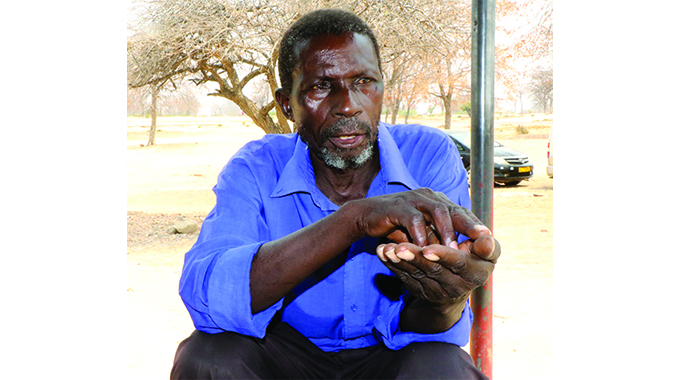 Nelson Munkuli
Nelson MunkuliA father of nine, Mr Nelson Munkuli said polygamy comes naturally in the BaTonga community as most of them were born in polygamous families.
Mr Munkuli is married to two women and is looking for a third one.
“My father had seven wives and 35 children if I’m not mistaken. So, I’m planning to marry another wife just to follow in my father’s footsteps. So far, I have nine children and one of my wives is pregnant and I expect another child soon,” said Mr Munkuli.
“I’m inspired by my late father, so that is why I’m saying I want to have at least three wives. I’m cognisant that having more wives comes with more responsibility. We are living in different timelines from my father’s generation.
“Unlike in the past where education was not prioritised, I have to send all my children to school, so that is why I want to limit my wives to three.”
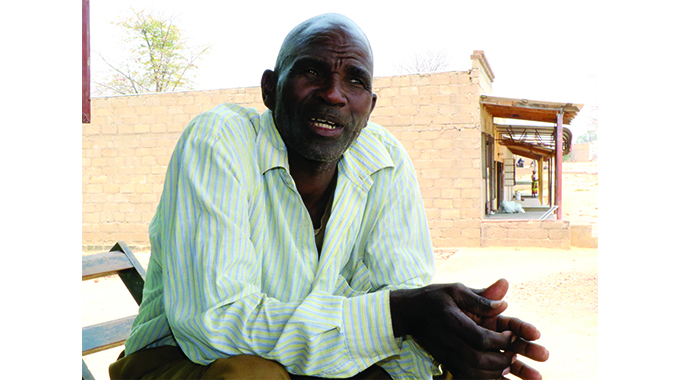 Vincent Siankuni
Vincent SiankuniHe said one of his wives is his late brother’s widow, but to guard against HIV infections, they both tested for HIV and were declared free of the virus.
Mr Munkuli said by marrying his late brother’s wife, he is also taking care of his sibling’s children as his and doing so is key in cementing relations.
He said being fair to all his wives was key to strengthening family ties.
“For instance, I have a duty roster that I maintain with my wives. If I’m spending two days with one of them, I make sure that I spend two other days with the other wife. That timetable has to be strictly followed. I also have a separate hut which I sleep in especially when I don’t want to be with any of them. That room is important in the management of conflicts and all polygamous men have it,” he said.
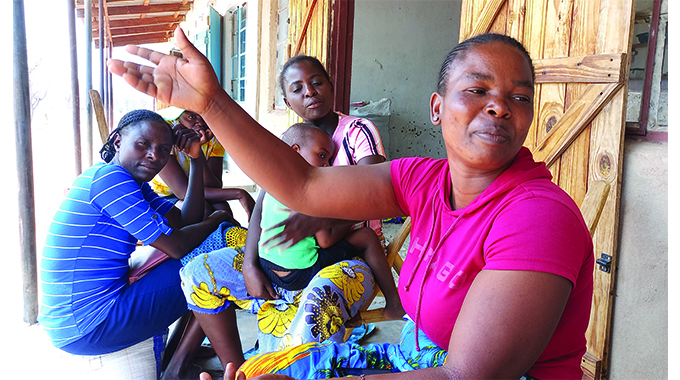 Gladys Munkuli
Gladys Munkuli“Even when I’m tired, I just resort to it because it is not good for a man to claim to be tired. When I buy groceries, I take everything to that room and that is where I share the goodies with my wives. Because, if you don’t do that and take the groceries to the bedroom of one of the wives, the other can be jealous and even think that you hide some of the things from her and that creates conflicts.”
Mr Munkuli said the Government should consider incentivising polygamous men as they were providing a service to the nation.
“As we speak there are more women than men in the country. So, can you imagine without polygamous men where will those other women find love? It is even better to be openly polygamous because some of these men who claim to be in monogamous relationships are the ones trapped in infidelity relationships. I think, the Government should consider rewarding polygamous men as they are assisting a lot of women,” said Mr Munkuli.
His brother Mr Nelson Munkuli, who also has two wives, said while polygamy is not a must, it is common practice among the BaTonga people.
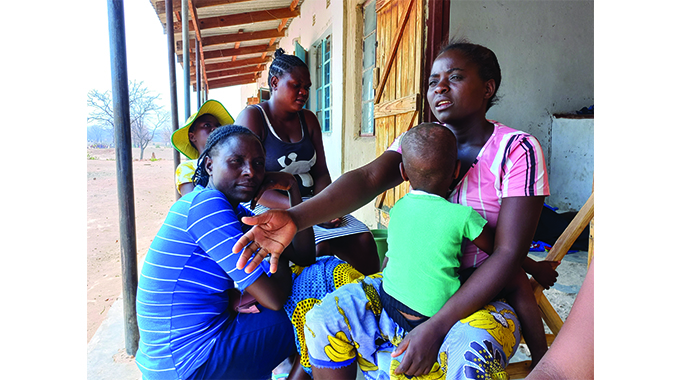 polygamous marriage
polygamous marriageHe said for polygamous relationships to be successful, the husband has to be firm with family rules.
Mr Nelson Munkuli said in polygamous marriages what the right-hand does, the left one should also know.
“Before marrying the second wife, it was important to tell my first wife of my intentions. Initially, she might even resist but you have to be firm and explain to her how it is going to benefit the family. With two wives, I have two people to help me grow and provide for the family,” he said.
“Respect is the backbone of the family and whatever you do for one of the wives you have to do it for another. If you show favour towards one of them, you are sowing seeds of division and hatred in the family.”
Mr Nelson Munkuli said he has five children as he fears that economic challenges could make him fail to adequately provide for his family.
Another polygamist, Mr Vincent Siankuni, who has three wives, said:
“I’m happy to be in a polygamous marriage. But just like any other marriage it also has its challenges. This is mainly so especially when there are no good rains or when there are food shortages. But for most of us, it is only natural to marry more than one wife. This is how we found it and we will perpetuate this tradition,” said Mr Siankuni.
Women who spoke to Saturday Chronicle said they were against polygamous marriages, despite some of them being in such unions.
Mrs Gladys Munkuli, who is a second wife in a polygamous marriage said while men claim to have timetables that they follow religiously in terms of spending time with their wives, in reality, they do not do so.
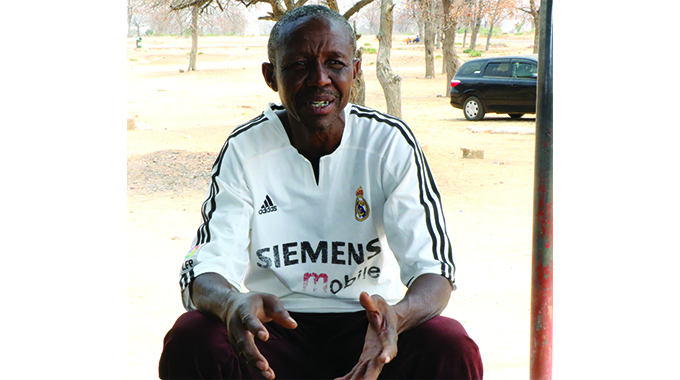
“Being in a polygamous marriage is bad, I don’t like it. It was a mistake. There is hatred and even cases of witchcraft within the marriage. The husband may just be spending more time with one wife, depriving the other sexually. This may lead to the spread of sexually transmitted diseases, especially when the man stops entertaining one of the wives. The wife can end up cheating. So, the problem is men are not telling the truth, they don’t follow the roaster, they are causing hatred,” said Mrs Munkuli.
She said some husbands are irresponsible and do not fend for the family, leaving the wife to struggle alone to put food on the table.
“Plus, being in a polygamous marriage will not stop men from cheating, they will just do it even after leaving their wives behind,” she said.
Ms Simelweni Mwinde, who is in a monogamous relationship, said she does not wish to be in a polygamous marriage.
“Some of the women are deprived of love. The husband won’t be spending equal time with all the wives. They even bad mouth some of their wives to the other partner and the woman would then spread the message and as a result, it comes back to the affected party. Men can claim that one of the wives is not good in bed and you will see the man spending less time with her. That affects the other wife,” said Ms Mwinde.
She said the hatred in some polygamous relations can lead to murder.
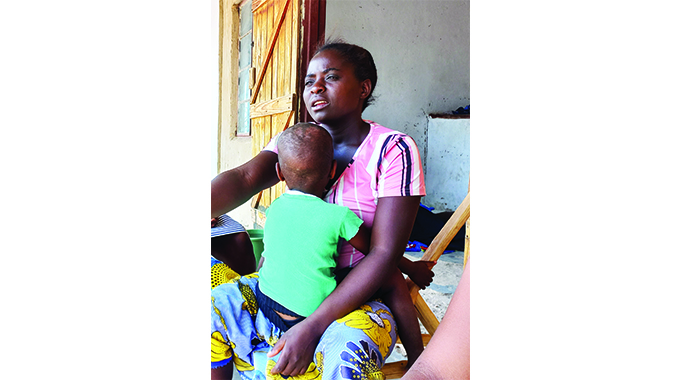 Simweleni Mwinde
Simweleni MwindeMs Mwinde said while some men may mean well, their wives use love portions to make the husbands love them and only them.
Chief Siachilaba, who has three wives said polygamy is a big part of their culture.
“If I have more than one wife it means all my wives become mothers to all my children. Polygamy strengthens our family unit. We also can’t ignore that women are more populous than men. So, it is important that men marry more than one wife and reduce that gap,” said the traditional leader.
He said polygamous men are unlikely to cheat on their partners hence reducing the risk of contracting sexually transmitted diseases.
@nqotshili
Article Source: The Chronicle
